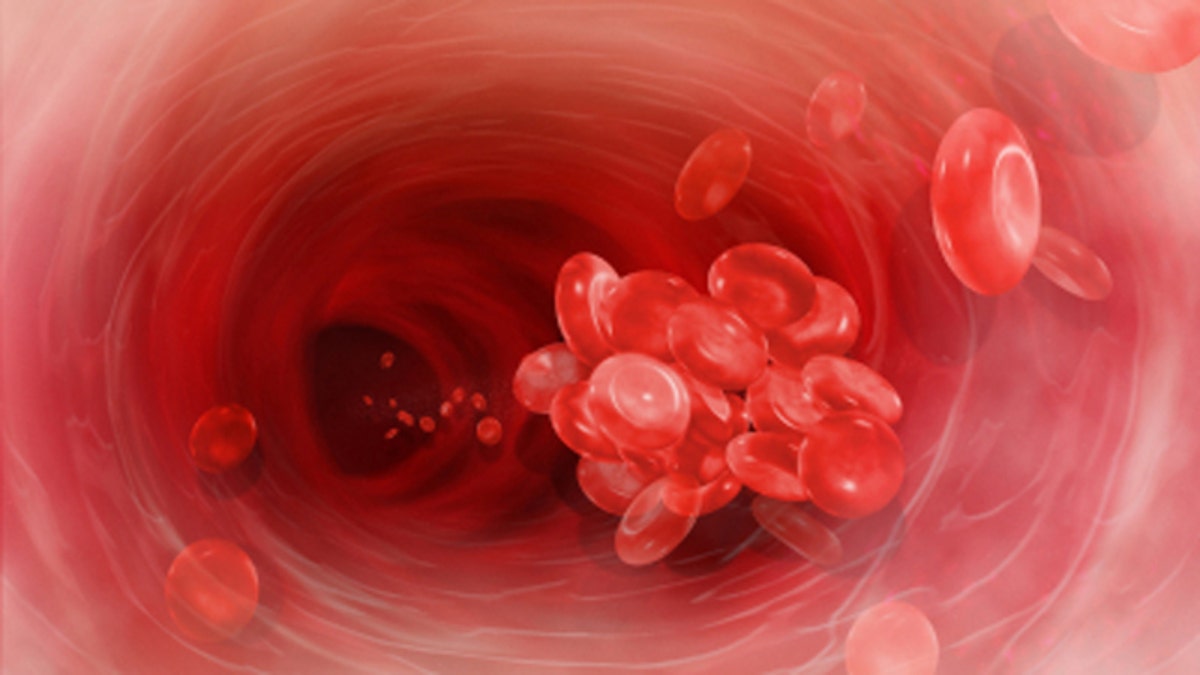
(iStock)
Researchers made a major advance in the decades-old effort to use gene therapy to treat the bleeding disorder hemophilia B, reporting that six patients in a study started to make more of a crucial blood-clotting factor that prevents severe bleeding episodes.
After a single gene-therapy treatment, four of the men started making enough of their own clotting factor that they no longer needed the regular protein injections that are currently used to prevent bleeding episodes. The other two required the protein injections but much less frequently than before, according to the paper, which was published online Saturday in the New England Journal of Medicine.
"The idea of treating hemophilia with gene therapy has been around for 25 years, but the problem was how to do it right," says Ronald G. Crystal, chairman of the department of genetic medicine at Weill Cornell Medical College, who is working on gene-therapy research but was not involved in the trial. "This is an important breakthrough because it is the first success in one of the plasma deficiency disorders and shows gene therapy is feasible."
Hemophilia B is caused by a defect in the gene that makes a protein called Factor IX, which is crucial for normal blood clotting. About 1 in 30,000 individuals, usually men, inherit the mutation. Without enough clotting factor, patients can have frequent, painful bleeding episodes.
With gene therapy, scientists try to correct the problem by delivering a normal gene to the body, using what is known as a vector to insert the gene into cells, usually a virus that is genetically altered to contain human DNA.
In the hemophilia trial, a team led by researchers at St. Jude Children's Research Hospital in Memphis and University College London in the UK used a virus that targets liver cells as the delivery vehicle for the Factor IX gene. Patients receive the gene therapy in a 20-minute IV infusion into a vein the arm.
Andrew M. Davidoff, co-principal investigator in the trial and chairman of the department of surgery at St. Jude, said the researchers are working on strategies to improve the therapy. He said the researchers also hope to have a similar gene therapy trial underway for hemophilia A within a year.
Click here to read more on this from the Wall Street Journal.
